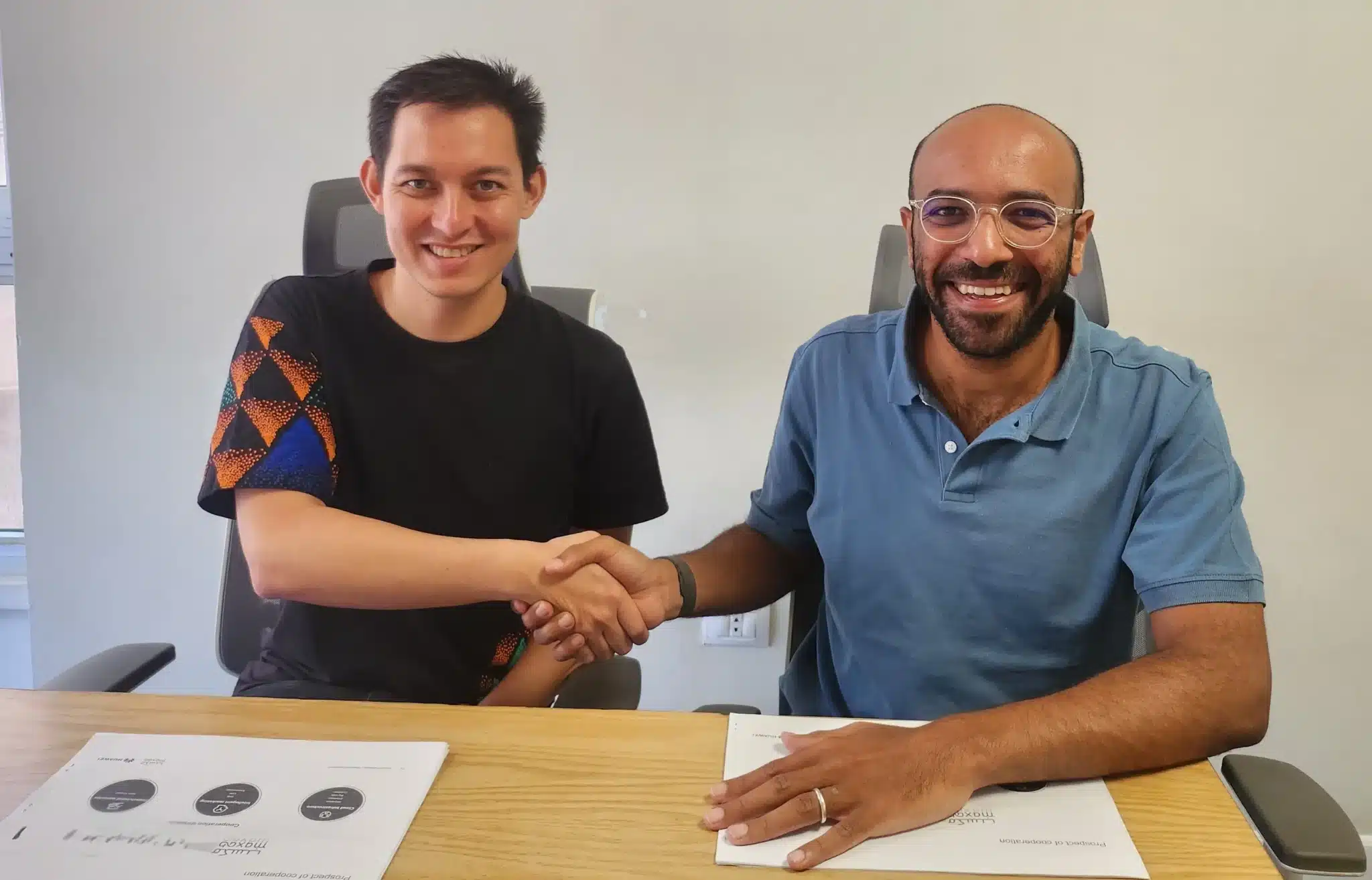Wasoko and MaxAB’s proposed merger is complete after 8 months. The two companies signed preliminary terms in Q4 2023, creating Africa’s most prominent tech merger.
Co-CEOs Daniel Yu and Belal El-Megharbel will lead the new entity, which boasts 450,000 merchants, 65 million customers, and 4,000 employees. Yu said their integrated tech stack and expanded reach enable them to offer Africa’s best products and services at maximum accessibility and affordability, supercharging growth.
Reports initially indicated a Q1 2024 completion timeline for the merger, but Yu promptly dispelled these expectations, citing the intricate nature of a merger of this scale. Before the merger, both companies had secured over $200 million in funding.
While the legal facets of the deal were understandably intricate, the operational and technological integrations proceeded seamlessly, with both entities successfully integrating their tech stacks within a swift 60-day period.
Read also: Kenya ride-hailing companies increase fare amidst drivers’ agitation
Wasoko and MaxAB merge to enhance capabilities
According to Yu, merging the two companies was a logical decision, as it would enhance their operational capabilities and align their similar business models and organisational goals.
By combining forces, they aimed to create a world-class pan-African company that would unlock the full potential of the mass market.
However, Yu acknowledged that building a pan-African company is more challenging than anticipated.
Despite initial expansion plans, such as entering Senegal and Cote d’Ivoire after a Series B funding round in 2022, Wasoko’s growth was short-lived.
The merger with MaxAB marked a new chapter in their journey, enabling them to reassess and strengthen their strategy for achieving their pan-African ambitions.
Yu reflects on their experience: He said they identified a promising opportunity in the fragmented informal retail space, but they underestimated the complexities of managing local operations, particularly building supplier networks and securing commercial agreements.
This challenge highlighted the importance of local expertise, and as MaxAB’s primary market, Egypt, faced economic adversity, both companies recognised a strategic opportunity to merge and leverage each other’s strengths.
Read also: Addressing AI’s ethical challenges in Africa
Co-CEOs El-Megharbel and Yu expand financial services
El-Megharbel and Yu had an existing connection, having secured funding from a typical investor in 2018, making the merger idea easily palatable.
They have defined their roles, with El-Megharbel managing day-to-day operations and Yu handling corporate relations. The merged entity is expanding into financial services, introducing merchant inventory financing, an e-wallet for payments across platforms, and digital services top-ups for airtime and utility payments.
The company has provided over $20 million in financing to merchants in the past year, achieving an impressive 99% repayment rate. Moreover, in Egypt, digital top-ups have surpassed eCommerce sales revenues, indicating a significant shift in consumer behaviour.
Despite the challenges faced by B2B eCommerce companies in the last two years due to declining funding, Yu emphasises the need to consider the industry’s distinct operating dynamics.
Unlike pure software startups that can focus solely on digital marketing, B2B eCommerce companies must adopt a hybrid approach, combining offline and online marketing strategies to reach their target audience, who are often more accessible offline than online.
The company’s large workforce makes layoffs or shutdowns more noticeable. Being early to market has given both companies a significant advantage. Beyond financing, the merged entity aims to tap into its retailer networks to unlock new revenue streams. Both companies previously offered private label products, but now they’ll explore intra-African trade opportunities by leveraging their combined merchant networks.




